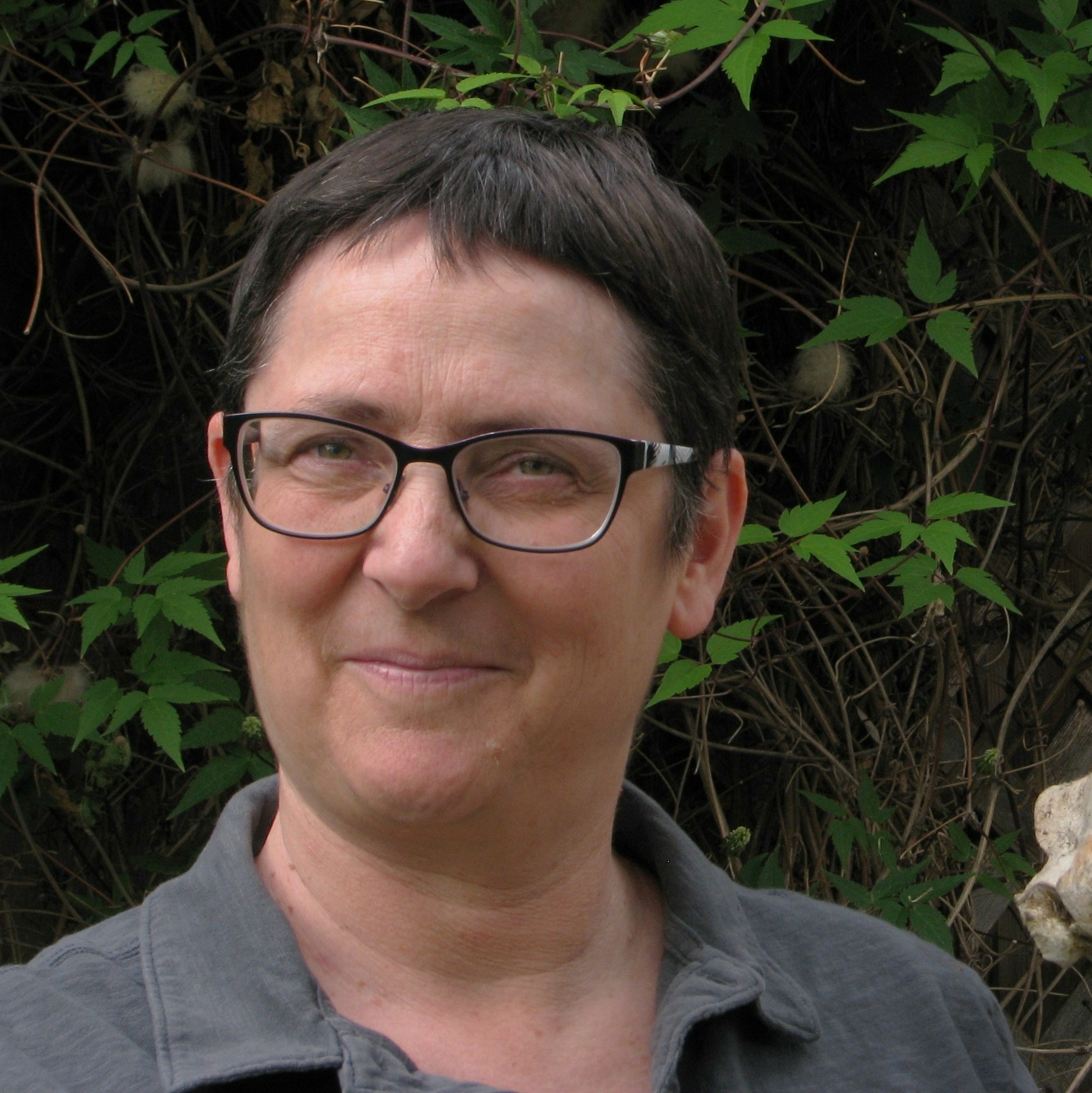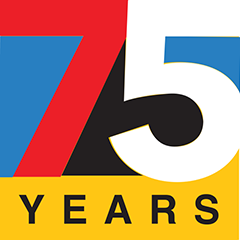
Photo credit: Doris Wall Larson
Elizabeth Philips
Elizabeth Philips was the director of the Banff Centre’s Emerging Writer Intensive for eight years. She is a former editor of Grain magazine and is the Acquisitions Editor and Editorial Director for Thistledown Press. She is the author of four collections of poetry, most recently Torch River. In 2015, she published her first novel, The Afterlife of Birds (Freehand Books), winner of the City of Saskatoon Book Award and a finalist for the Amazon First Novel Award. She lives in Saskatoon.

Photo credit: Daisy Fields. Paper Quilled Earrings, Tea Gerbeza
Tea Gerbeza
Tea Gerbeza (she/her) is a queer, disabled, and neurodivergent writer and multimedia artist from oskana kâ-asastêki in Treaty 4 (Regina). She’s a graduate of the University of Saskatchewan’s MFA in writing program (2021) and University of Regina’s MA in English & creative writing program (2019). Most recently, she won the Ex-Puritan’s 2022 Austin Clarke Prize in Literary Excellence in the poetry category. Her debut book of poetry, a long poem titled How I Bend Into More, is forthcoming with Palimpsest Press in 2025 under their Anstruther Books imprint. Tea primarily works with paper in her visual artwork – with a focus on paper quilling – but she’s also known to create digital works on her scanner (scanography). Find out more on www.teagerbeza.com.
Tea Gerbeza “…a talented emerging poet...” says Elizabeth Philips.
In an excerpt from a long poem, “Clearing up the Question About My Suffering,” Tea Gerbeza begins with a kind of typographic stitch as a dividing line to represent the spinal column, with her words on either side of that line seeming to interrogate the spine’s frozen rigidity. “If suffering is private | then why should I explain?” the speaker asks. The poem moves from the more traditional poetic page to end with a fluid montage of words and scrolled, wave-like paper creations, small paper artworks fashioned by the speaker. Through this act of creation, the speaker is liberating herself from the flat white space of a traditional poem, and by implication, at least for the moment of the poem, from suffering. Tea transfigures the page in a radically original way, demonstrating in this and other work that she is a talented emerging poet and multimedia artist.

